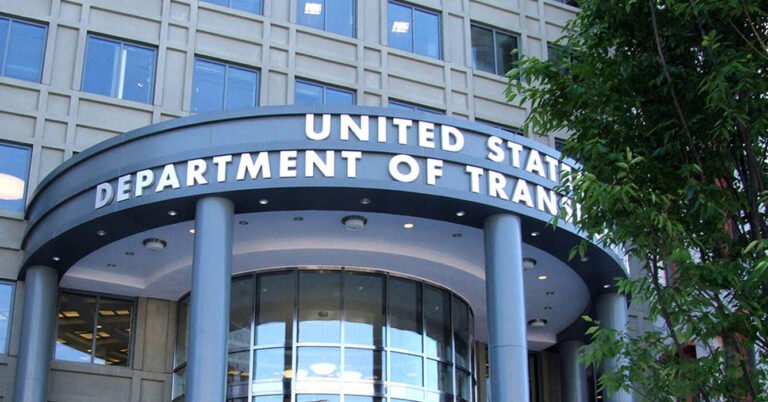Policy Reversal on Airline Compensation
The Trump administration has officially withdrawn a proposed rule that required airlines to compensate passengers with cash for significant flight disruptions. On September 4, 2025, the U.S. Department of Transportation (USDOT) announced that it would not pursue the plan, which was introduced in the latter part of President Joe Biden’s administration.
Details of the Proposed Rule
The proposed regulation aimed at enhancing consumer protections by mandating airlines to provide compensation between $200 and $775 for delays or cancellations caused by factors within the airline’s control. The plan also included provisions for meals, lodging, and transportation for affected passengers. The initiative sought to align U.S. policies with established European standards on passenger rights.
Industry and Consumer Reactions
The airline industry expressed significant opposition to the proposed rule due to concerns about increased operational costs and consequent ticket price hikes. Airlines for America, a trade association for major U.S. carriers, argued that the regulation would escalate costs and limit options for consumers. Despite these opposition points, consumer advocates expressed discontent over the withdrawal, stressing the necessity for enhanced passenger protections.
Current Passenger Rights
Although the rule was rescinded, passengers still possess certain rights concerning flight disruptions. The “automatic refund rule” allows customers to receive refunds for canceled flights, extensive baggage delays, or paid services that are not rendered. Several major U.S. airlines voluntarily provide benefits like rebooking and meal vouchers for disruptions within the carrier’s control, though these measures are inconsistent across airlines.
Implications of the Rule Withdrawal
The White House justified the withdrawal as alignment with the administration’s deregulatory agenda, focusing on reducing regulations perceived as burdensome to businesses. This decision has reignited discussions about the balance between consumer protection and industry regulation within the U.S. aviation industry.

